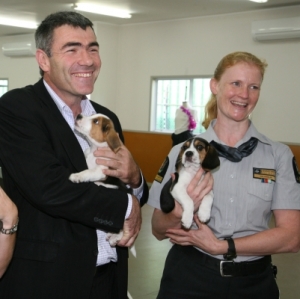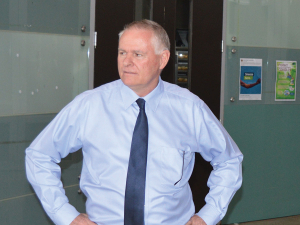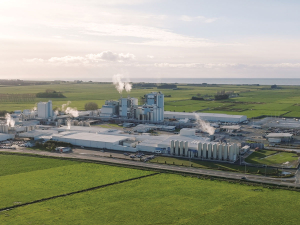New detector dog puppies and a recruitment drive to hire 30 new quarantine inspectors proves biosecurity is a top priority for the government, says Primary Industries Minister Nathan Guy.
Guy visited the Ministry for Primary Industries (MPI) Detector Dog Breeding Centre in Auckland to meet four new beagle puppies that will be trained to guard New Zealand's airports to stop unwanted pests and diseases entering the country.
"The four puppies have overcome a tragic start to life. Their mum, Utah, was found to have leukaemia soon after the births and had to be put down," says Guy.
Guy chose the name 'Clara' for one of the new puppies.
"I'm looking forward to following Clara's progress as she helps to guard our border."
As well as recruiting canines, the Ministry is about to start recruiting 30 new quarantine inspectors to work on the frontline of our biosecurity system.
This is in addition to the 56 extra frontline staff recruited over the last six months, says Guy.
Of the 30 new staff, six will start work in Christchurch, four in Wellington, two in Queenstown and 18 in Auckland. They will begin in mid-August after extensive training.
"Numbers of frontline staff are directly related to the volume of people and goods crossing the border. As New Zealand's economy continues to grow the numbers of border staff are also likely to increase.
"The primary industries are the powerhouse of New Zealand's economy and protecting them from biosecurity threats is my number one priority. We have a world class system, but we are always looking for ways to improve it even further," says Guy.










